An act has no ethical quality whatever unless it be chosen out of several all equally possible
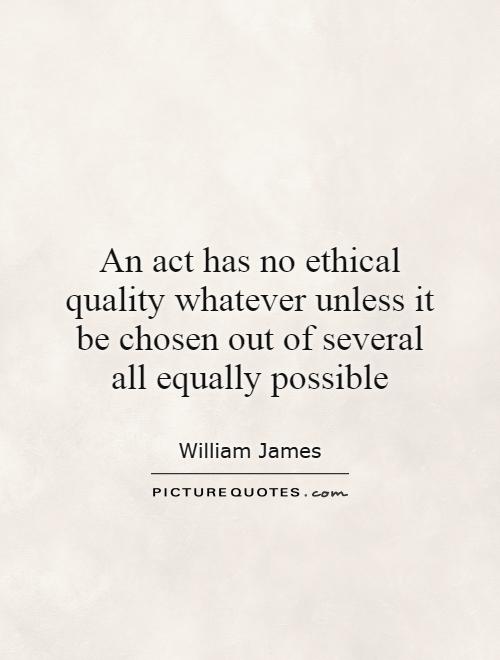
An act has no ethical quality whatever unless it be chosen out of several all equally possible
William James, a prominent American philosopher and psychologist, believed that the ethical quality of an act is contingent upon the choices available to an individual. In his view, an act can only be considered ethical if it is chosen out of several equally possible options. This idea reflects James's belief in the importance of free will and personal responsibility in ethical decision-making.James argued that true ethical behavior requires individuals to actively consider and weigh their options before making a decision. Simply following societal norms or blindly obeying authority figures does not constitute ethical behavior in James's view. Instead, individuals must engage in a process of moral deliberation, considering the potential consequences of their actions and choosing the course of action that aligns with their values and beliefs.
For James, the key to ethical decision-making lies in the concept of moral pluralism. He believed that there are often multiple valid perspectives on a given ethical issue, and individuals must carefully consider these different viewpoints before making a decision. By acknowledging the complexity and diversity of moral beliefs, individuals can make more informed and ethical choices.
Furthermore, James's emphasis on the importance of choice in ethical decision-making reflects his broader philosophical views on free will and determinism. He rejected the idea that human behavior is entirely predetermined by external forces, instead arguing that individuals have the ability to make meaningful choices and shape their own destinies.
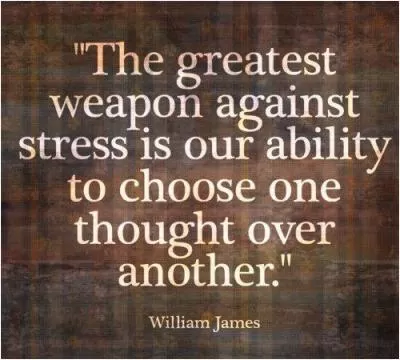




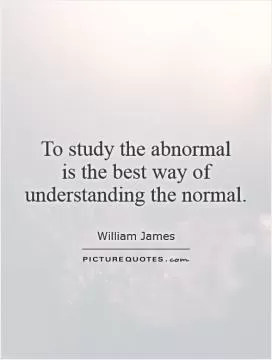
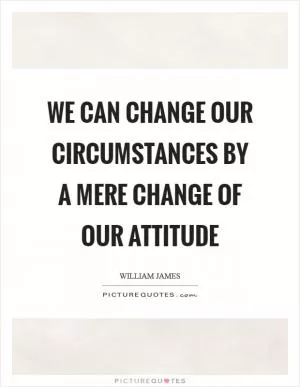
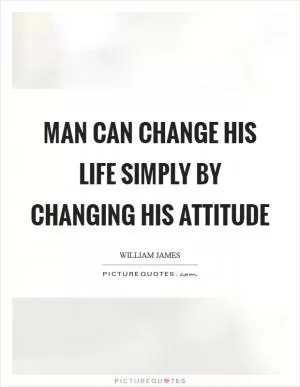
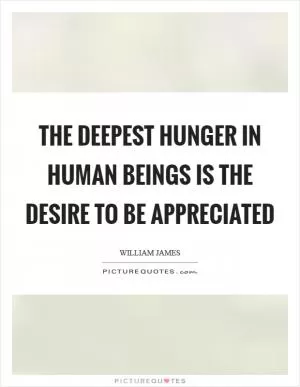
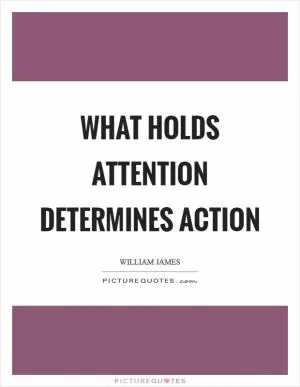
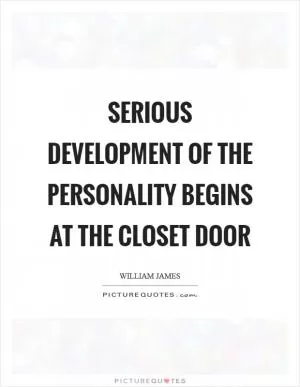
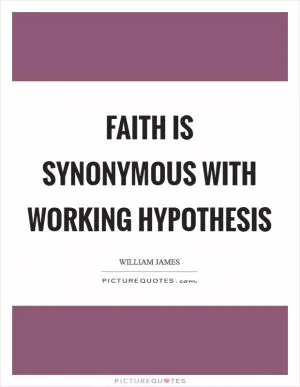
 Friendship Quotes
Friendship Quotes Love Quotes
Love Quotes Life Quotes
Life Quotes Funny Quotes
Funny Quotes Motivational Quotes
Motivational Quotes Inspirational Quotes
Inspirational Quotes